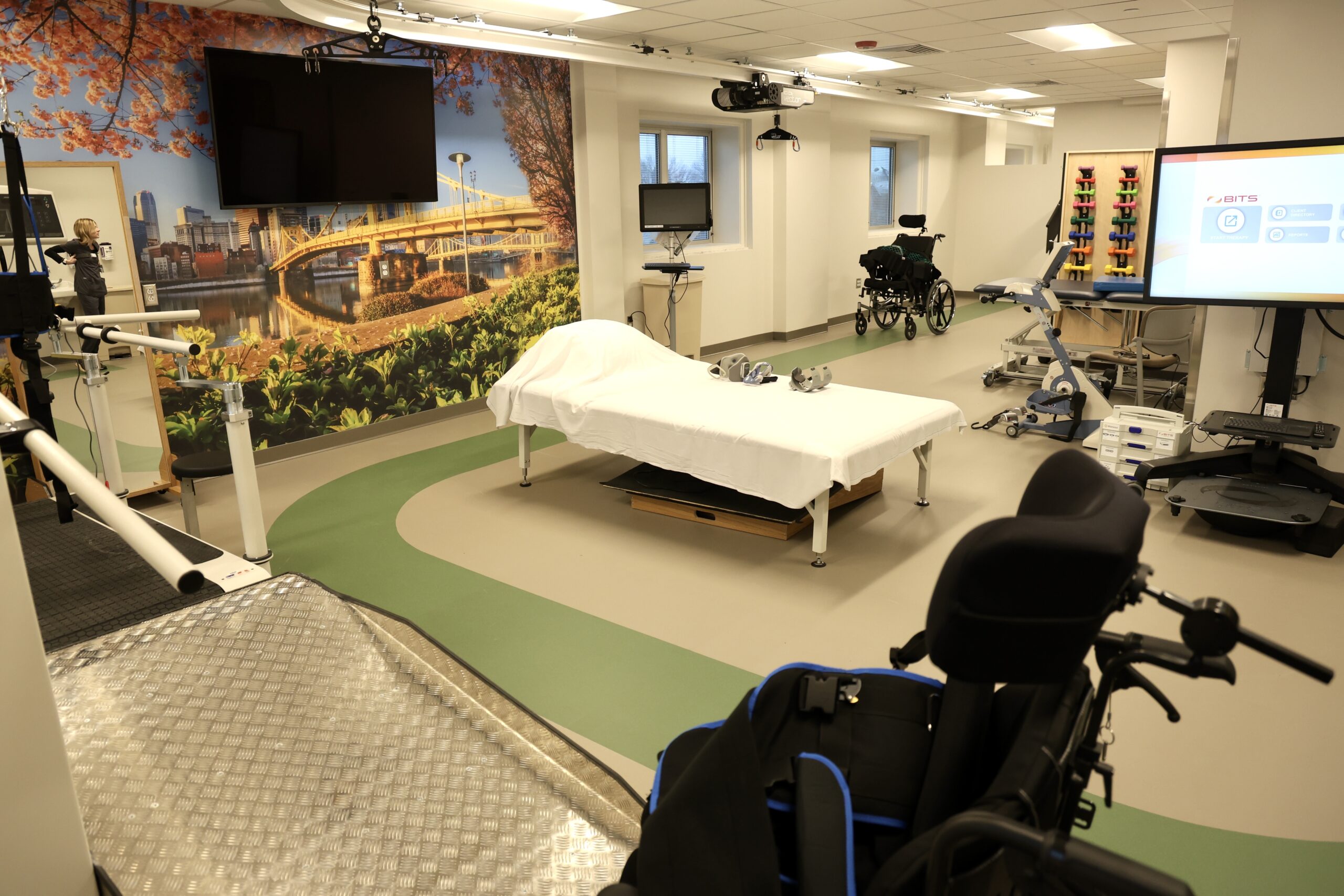Current Clinic, which describes itself as “the first healthcare network in the United States focused on atrial fibrillation and cardiac arrhythmia care” delivered through an “ASC-based” model, said it successfully completed its first cardiac ablation procedures late last month at its Carlsbad, N.M. location, calling them “the first cardiac ablations…
ASC development and management company Compass Surgical Partners has partnered with local physicians to develop and launch the Cardiovascular Surgical Institute of Northwest Florida, which began performing cases at its Panama City location last month. The 8,000-square-foot outpatient facility offers interventional cardiology, electrophysiology, and vascular surgery procedures. Compass, referring to…
Is your facility curious about robotically assisted mitral valve repair? Cleveland Clinic, which has now performed more than 2,600 of these operations, has plenty to share with you about it. And it claims that its safety and efficacy are “comparable” to open repair. Cardiothoracic surgeon Per Wierup, MD, PhD, whom Cleveland…
A new study by researchers at Corewell Health East William Beaumont University Hospital in Royal Oak, Mich., posed this question: “What are the public’s attitudes toward recent U.S. state laws permitting internationally trained surgeons to practice without completing U.S.-based residency training?” The study, published in JAMA Surgery, found that while the…
Cleveland Clinic’s Main Campus is now providing patients the ability to schedule certain elective surgeries and procedures on Saturdays. Specialties that currently qualify are urology, plastic surgery, head and neck, orthopedics and spine, with the potential for additional specialties to be added moving forward. The initiative by Cleveland Clinic to…
A group of five orthopedic surgeons last week launched The Hand, Wrist & Elbow Institute at Midwest Orthopaedics at Rush. The surgeons -- Mark Cohen, MD, John Fernandez, MD, Robert Wysocki, MD, Xavier Simcock, MD, and Nitin Goyal, MD -- are team doctors for the Chicago White Sox and the…

Allegheny Health Network (AHN) last week opened a “significantly expanded inpatient rehabilitation unit” at AHN Allegheny Valley Hospital (AVH) in Natrona Heights, Pa. The newly renovated and expanded unit is the result of a $6.2 million investment that AHN said establishes AVH as its “center of excellence” for inpatient rehabilitation…
The Medical University of South Carolina (MUSC) this week posted a compelling story about a notable medical assistant who provides deeply personal counsel to anxious heart failure patients. The story shows perioperative leaders how thoughtful staffing can immensely improve the patient experience. It focuses on medical assistant Tina McCorkle, who talks…
A general surgeon operating at St. Mary’s Sacred Heart Hospital in Lavonia, Ga., was arrested and facing charges after a patient says he assaulted her in her hospital room hours after her procedure. According to a police report obtained by WSB-TV in Atlanta, the patient said she was on the…

In its January Bulletin, the American College of Surgeons (ACS) has published a review of what it calls “significant” updates to CPT coding, payment models, and physician reimbursement that have taken effect in 2026. Here’s what’s particularly on surgeons’ minds: “Coding changes for general surgery and related specialties.” ACS specifically…